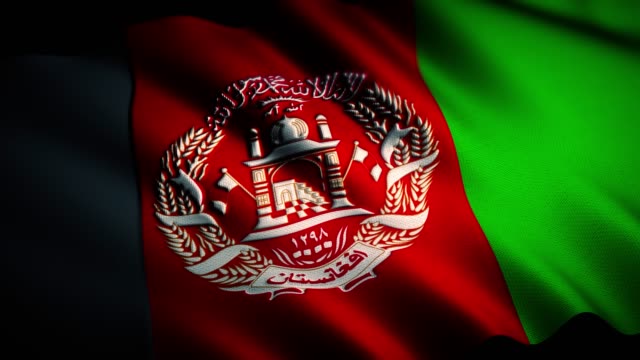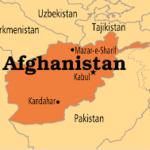On Tuesday, August 31, 2021, the United States military withdrew from Afghanistan, to end a so-called 20-year war on terror in the Central Asian country. Though the withdrawal was strategic and in accordance with President Joe Biden’s promise to “end America’s longest war,” the takeover of Kabul, the capital city, and the country at large by the Taliban was too swift to believe. On Sunday, August 15, 2021, the government led by President Ashraf Ghani, a man who started his career as an academic at several American universities before going on to work for the World Bank, collapsed like a house built on sandy soil to the bewilderment of many around the world.
America’s withdrawal from Afghanistan is a lesson in the limits of imperial power. As the Afghan-American and defence expert, Dr Nazanin Azizian observes in a recent article “Easier to Get into War Than to Get Out: The Case of Afghanistan”, America’s original goals back in 2001 when it invaded Afghanistan were two: avenge the September 11 terrorist attacks and forestall future attacks on the US and its allies. To achieve these, the U.S was keen to destroy Al-Qaeda and to overthrow the Taliban government which had been in power in Afghanistan since 1996, and which the Americans accused of harbouring Bin Laden and his Al-Qaeda commanders.
- Maritime’s criminal activities threat to Nigeria’s economy — CNS
- PODCAST: Buhari’s First Cabinet Reshuffle: What It Portends
Shortly after the fall of the Taliban regime, however, Azizian contends, American mission expanded beyond these original counterterrorism goals to include reconstruction and building a virile and durable democracy in Afghanistan. Thus on April 17, 2002, less than a year after US forces chased the Taliban from power, the then U.S President George Bush boasted that the U.S would rebuild Afghanistan “in the best traditions of George Marshall”, and Congress followed up by committing $38 billion in what it described as a “humanitarian and reconstruction assistance” to Afghanistan.
But America’s brand of democratic development and “humanitarian reconstruction” in Afghanistan have incurred untold costs and consequences for all involved. According to Brown University’s Watson Institute for International and Public Affairs, well over 929, 000 people were killed directly, and several times that number of hapless civilians have died, from America’s post 9-11 ‘global war on terror’ in Afghanistan, Pakistan, Iraq, Syria, Yemen and elsewhere, including 15,000 American. Moreover, the monetary costs of these wars are conservatively estimated at $8 trillion, while over 38 million people have been displaced.
Since 2006, there were indicators that the US plan to install a civilian democratic regime in Afghanistan would not stick, as the propped-up and corrupt government in Kabul lacked both legitimacy and control in the countryside. Moreover, in a country where tribal loyalties run deep, and where geography provides cover for the crudest form of criminal behaviour, Afghanistan quickly became the world’s capital of suicide bombing under American occupation. In a single year, bombings increased fivefold from 27 in 2005 to 139 in 2006, or about one every three days, while remotely detonated bombings more than doubled, to 1,677.
Indeed, Nigeria has lessons to learn from the events in Afghanistan. Our counterterrorism efforts must flow from home-grown solutions. It is not out of place to seek the support of allies, but the application of such support must be in line with local exigencies, as the US misadventure in Afghanistan has shown that “cut-and-paste” strategies do not stick.
The chaotic experiences in Afghanistan for almost three decades now are also lessons to Nigerians on the need for unity in pluralism. Afghanistan is plagued by, not just religious fundamentalism, but tribal divisions which led to civil strife, violence and eventual warfare. Nigerians should learn to accept the plural nature of our society and live with one another in a give-and-take approach, instead of angling for division and secession along ethnic, geopolitical, and religious lines.
We also urge the military to, as quickly as possible, take our counter terrorism efforts and reclaim any parts of Nigeria still in the hands of Boko Haram, ISWAP and bandits in the northwest. Terrorism must be defeated in Nigeria, no ifs or buts.

 Join Daily Trust WhatsApp Community For Quick Access To News and Happenings Around You.
Join Daily Trust WhatsApp Community For Quick Access To News and Happenings Around You.

